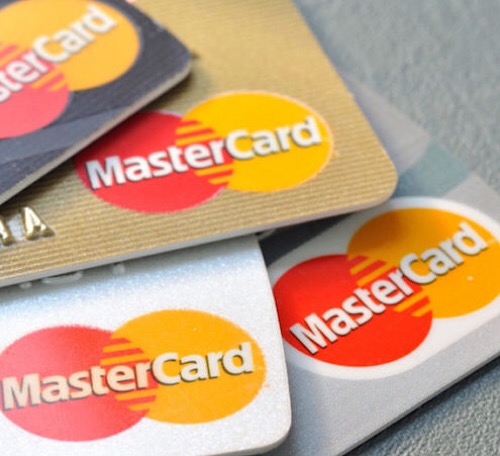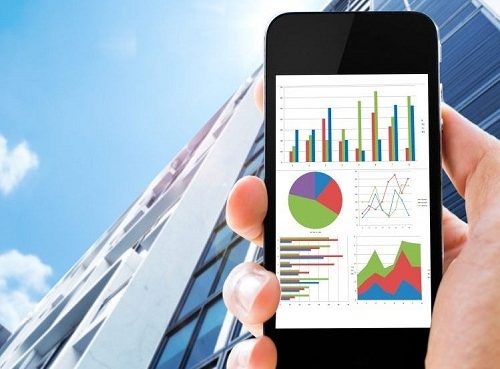According to Mastercard, giving people the ability to pay only for what they use, as they need it, can lift millions of people across Africa out of poverty and make prosperity possible.
A new white paper titled Pay on Demand: The Digital Path to Financial Inclusion, from Mastercard, explores how digital inclusion has been proven to provide better access to financial and other services. This will ultimately drive financial inclusion which leads to improved economic possibilities for individuals and businesses.
This report, based on research from in-depth face-to-face interviews with consumers across countries like Nigeria, Kenya and Uganda, shows that a focused deployment of solutions like Pay on Demand is key to increasing connectivity.
It is noted that for these solutions to actually function effectively, it is critical that all stakeholders, including governments, mobile network operators (MNOs), financial service companies and regulators, work together to create new opportunities to enable a far great form of financial inclusion.
Digital inclusion has been initially made possible by MNOs through their technology and connectivity. Mobile devices are now a viable instrument for digital inclusion when prepaid plans are allowing people to recharge for fees as low as $0,10 at a time.
Prepaid connections are king in Kenya (98.8%), Nigeria (97.5%) and Uganda (99.1%). Smartphone penetration in Africa is projected to reach 66% of the population by 2025, up from 36% in 2018. The growth is becoming exponential, and that’s a good thing.
Pay on Demand services applies the same principle for goods, from mobile phones to solar panels, water filters or laundry machines. The model, underpinned by the Internet of Things (IoT), continues to bridge the ownership divide through providing affordable services and assets and driving the next wave of inclusion by keeping people connected.
“…with the expansion of Pay on Demand to any connected device like smartphones, water filters or white goods, we have a real opportunity to positively impact the lives of a billion people, in the same way, the telecoms industry did two decades ago. To further scale the model effectively and create a digital economy that works for everyone, key players in the ecosystem must collaborate to drive a new wave of inclusion through connectivity and smart devices,” says Jorn Lambert, EVP of digital solutions for Mastercard.
What the research says
The flexibility for customers to pay for services via their mobile phones whenever and wherever they want show that the Pay on Demand business model resolves points that are considered real issues. This can be the difference between switching on the lights in a home and an entire family having to sleep while inhaling paraffin fumes from a single lamp.
In the three countries that were surveyed, access to the basic necessities is the number one driver for using Pay on Demand services. Electricity being firmly at the top of users’ minds, and in terms of products that users aspire to purchase, digital TVs followed by smartphones ranked the highest. More than just forms of entertainment, assets like TVs and smartphones can connect people to a much larger world. From being able to watch nature documentaries to being able to power the lights so a child can do their homework.
“We were touched by the emotional benefits that switching on a light can bring or the dignity that comes from having a phone that is always charged. As the Pay on Demand model scales, more consumers will gain access to useful products that support happier, healthier lives as well as financial services to secure their future,” added Lambert.
Source: itnewsafrica










